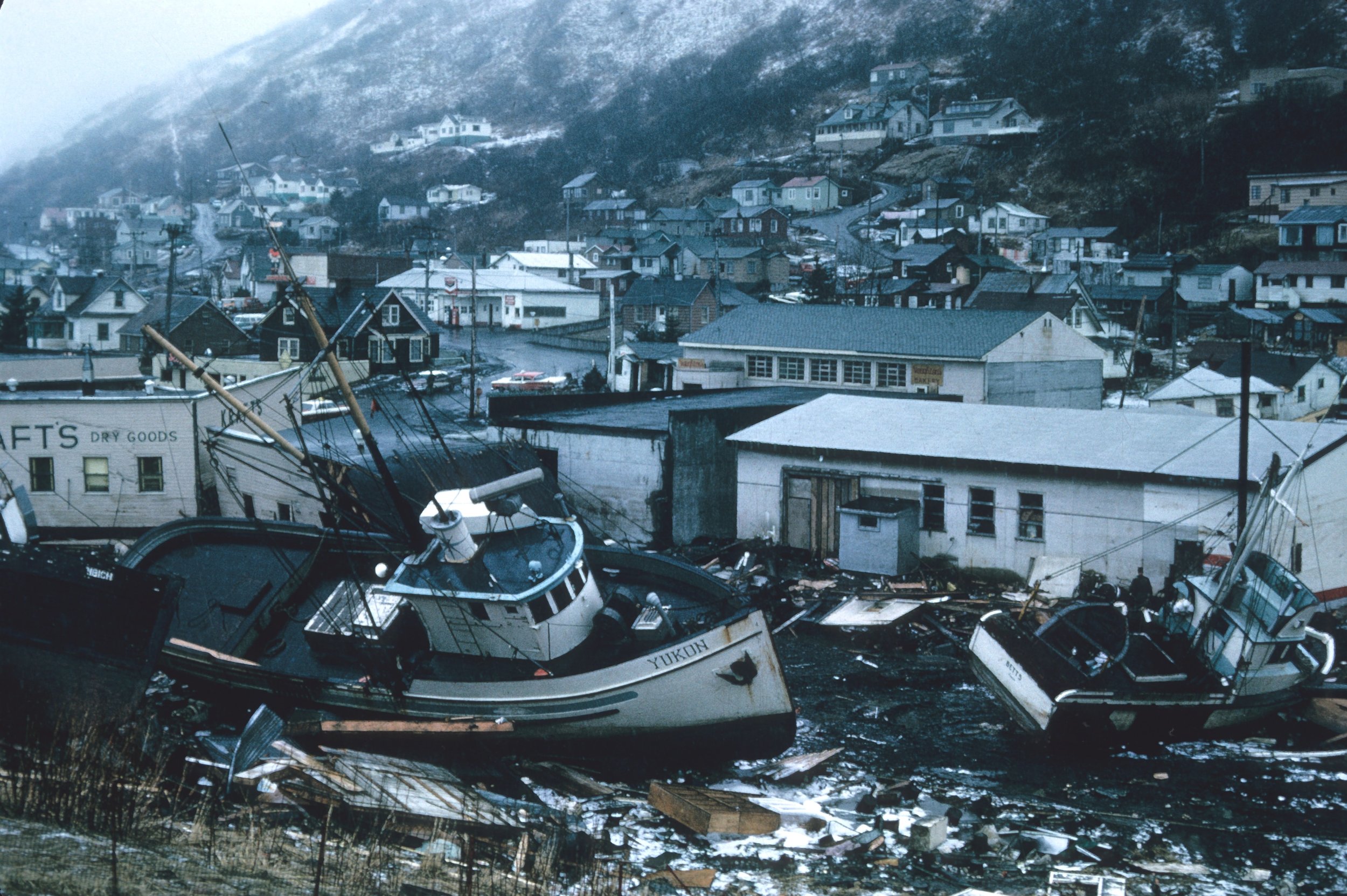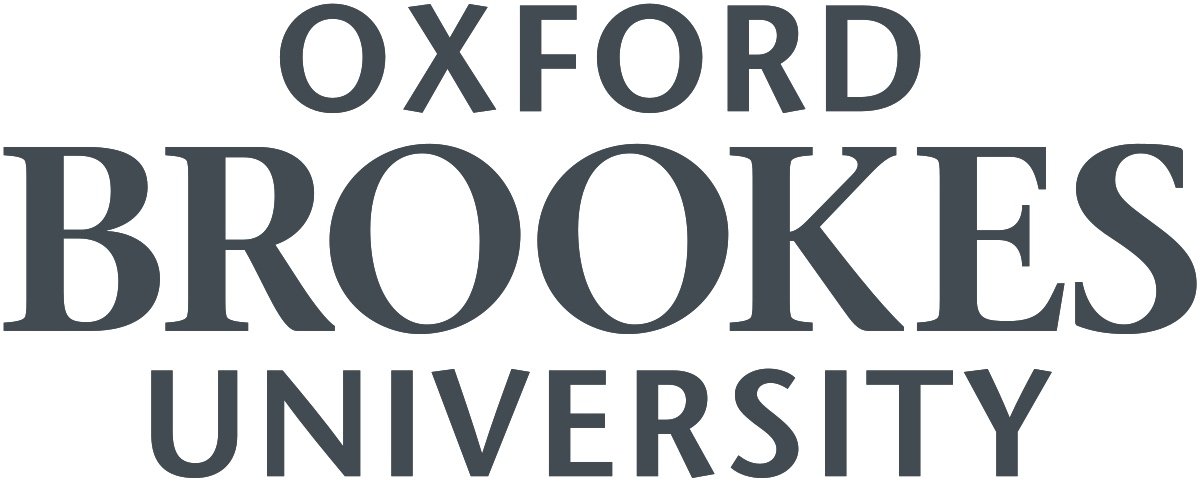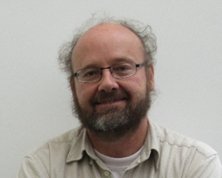
Meet the drr pioneers
PROF. DR. Ian Davis
Visiting Professor, Kyoto, Lund and Oxford Brookes Universities; Honorary Visiting Professor, Royal Melbourne Institute of Technology (RMIT) in Europe
Trained as an architect, Ian had a varied career in architectural practice and training as well as the management of disaster risk and recovery. In 1971 he moved to Oxford to lecture in the School of Architecture, Oxford Polytechnic, later to become Oxford Brookes University. From 1972, he embarked on PhD research in University College London (UCL) on Shelter Following Disaster. This work expanded into research and consultancy for various NGOs, governments and UN agencies, working in over 45 countries. In 1996, he was awarded the United Nations Sasakawa Award for his contribution to international disaster risk reduction.
Currently he is Visiting Professor at Oxford Brookes, Kyoto and Lund Universities and the Royal Melbourne Institute of Technology (RMIT) in Europe. He is also Adjunct Professor & Advisor to Amrita School of Sustainable Development and UNESCO Chair on Experiential Learning for Sustainable Innovation and Development, Amrita Vishwa Vidyapeetham in Kerala, India
-
See Ian’s full list of publications here.
-
AIDMI Tribute to Ian’s long career in the management of disaster risk and recovery (1972-2020)
UNDRR 2021: Video interview with Ian Davis Part 1 and Part 2
Terry Cannon
Institute for Development Studies (Sussex), teaching in the MSc Climate Change, Development and Policy course
Terry Cannon has been teaching and researching in development studies for many years, and until 2009 was Reader in Development Studies at the University of Greenwich and Principal Scientist at the Natural Resources Institute (NRI at University of Greenwich). He recently retired from the Institute for Development Studies, where he taught in the MSc Climate Change, Development and Policy course. He also taught at King’s College London (on both development studies and on climate change and disaster vulnerability), in the MSc Disaster Management at University of Copenhagen and lectures annually at Reading University, Free University Brussels and Catholic University Leuven (Belgium).
His main research focus is on rural livelihoods, disaster vulnerability and climate change adaptation, especially at the local level. He is one of the co-authors of ‘At Risk: natural hazards, people’s vulnerability and disasters’ (1994 and 2004, 2nd edition), which has become one of the most widely cited and used books in the field.
-
IFRC (International Federation of Red Cross & Red Crescent Societies), World Disasters Report 2014 Theme: Culture and Risk, 2014, Geneva, Lead editor and author of chapters 1, 3, 4, 7.
Terry Cannon 2022 “What must be done to rescue the concept of vulnerability?” in Bankoff and Hilhorst (eds) Why Vulnerability Still Matters: The Politics of Disaster Risk Creation. Routledge.
Fred Krüger, Greg Bankoff, Terry Cannon, Benedikt Orlovski and Lisa Schipper (eds.), 2015, Cultures and Disasters: Understanding Cultural Framings in Disaster Risk Reduction, Routledge.
Alexandra Titz, Terry Cannon and Fred Krüger (2018) ‘Uncovering “Community”: Challenging an Elusive Concept in Development and Disaster Related Work, Societies, 8(3), 71.
B Wisner, T Cannon, I Davis & P Blaikie, At Risk: Natural Hazards, Peoples’ Vulnerability and Disasters 2nd edition, (Routledge) 2004.
-
PROF. DR. David Alexander
Professor of Emergency Planning and Management, University College London
David Alexander is Professor of Emergency Planning and Management at University College London (UCL). He graduated in geography at the London School of Economics and obtained his PhD in Mediterranean geomorphology from UCL. From 1982 until 2002 he taught geomorphology, physical geography, natural hazards and disaster studies at the University of Massachusetts - Amherst (USA). Over the period 2003-7 he was Scientific Director of the Advanced School of Civil Protection of the regional government of Lombardy. As a Professor the University of Florence (2005-11) he was a leading member of the team that designed, launched and taught Italy's first Master of Civil Protection course. Alexander holds subsidiary appointments at universities in the United Kingdom, Sweden, Portugal and Japan. He is the Vice-President and Chair of the Trustees of the Institute for Civil Protection and Emergency Management (ICPEM), the world’s oldest learned society in disaster risk reduction.
-
His book Natural Disasters was published in London and New York in 1993 and is still in print three decades later. His subsequent books include Confronting Catastrophe (2000), Principles of Emergency Planning and Management (2002), Recovery from Disaster (with Ian Davis, 2015) and How to Write an Emergency Plan (2016). David Alexander is the founding Editor-in-Chief of Elsevier's International Journal of Disaster Risk Reduction and has been a major international journal editor for 38 years.
-
PROF. DR. Maureen fordhaM
Prof. Maureen Fordham is currently Professorial Research Associate in Gender and Disaster at the Institute for Risk & Disaster Reduction at University College London (UCL). She has been researching disasters since 1988 and is an expert on community-based disaster risk reduction and vulnerability analysis, focusing on the inclusion of a range of marginalised social groups in disaster risk reduction, especially women and girls. She was a founding member of the Gender and Disaster Network in 1997 and is the coordinator of its website (www.gdnonline.org) and activities.
She has been a governmental advisor at all scales from local through national to the global UN level. She is currently working on the challenges of feminist decolonial approaches in disaster theory, policy and practice, especially in academic contexts.
Professorial Research Associate, Institute for Risk & Disaster Reduction, University College London
PROF. Dr. John twigg
Honorary Professor, University College London. Former Senior Research Fellow, Risk and Resilience Programme, Overseas Development Institute
From 1990 to 1997, John worked for the international development NGO Practical Action (formerly Intermediate Technology). That was preceded by work in the UK government civil service and post-doctoral research at Cambridge University.
From 1998-2009 he was an independent consultant and an Honorary Research Fellow in the Department of Earth Sciences (Aon Benfield UCL Hazard Centre). During that period he also undertook consultancies for a number of international agencies including the UNISDR, UNDP, DfID, British Red Cross, ProVention Consortium .
From 2009-16 he worked as Principal Research Associate & Co-Director, Centre for Urban Sustainability and Resilience, University College London (UCL). The following three year he was employed as Principal Research Fellow, Risk and Resilience Programme at the Overseas Development Institute (ODI) in London. He now works as a consultant.
-
See the full list of publications here.
-
UNDRR 2021: Video interview with John Twigg.
Facilitators
Dr. Supriya Akerkar
Dr. Bruno Haghebaert
Bruno studied International Politics (1982) and Development Studies (1987) at Ghent University in Belgium. In 2002 he obtained a Ph.D. in disaster risk reduction (DRR) with a dissertation “Perspectives on pro-active management of natural hazards. An enquiry into technocratic, behaviouristic, structural and neo-populist approaches”.
During that period, he worked as a research assistant and assistant professor at the Centre for Third World Studies (Ghent University), worked for UNESCO as DRR expert and for Belgian Red Cross as Coordinator for Development and DRR Projects. From 2002 to 2008, he was Senior Officer at ProVention Consortium in Geneva. From 2008 to 2014, he was DRR/climate change adaptation adviser for the Netherlands Red Cross in The Hague.
Bruno has been closely involved in the setting up of the Partners for Resilience alliance, which explored the interlinkages between DRR, climate change adaptation and ecosystem management and restoration. In 2015, he started working as learning coordinator for the Global Network of Civil Society Organisations on Disaster Reduction (GNDR) in London. In 2016, he returned to Belgian Red Cross-Flanders as their humanitarian coordinator. From 2017 to 2020, he worked as Lead of the Risk and Vulnerability team at the International Federation of Red Cross and Red Crescent Societies (IFRC) in Geneva. Currently (pre)-retired, Bruno conducts consultancies for UNDRR and USAID, amongst others.
Director, Centre for Emergency and Development Practice (CENDEP), Oxford Brookes University
Independent Consultant
Supriya is the Director of the Centre for Development and Emergency Practice (CENDEP), a leading multidisciplinary research centre with the Oxford Brookes University, UK. She is also the course leader for the Queen’s award winning MA in Development and Emergency Practice.
Supriya has more than 20 years of experience as a practitioner and a policy specialist responding to complex emergencies and disasters, working and collaborating with international development organisations such as Action Aid International, Red Cross, Oxfam, Care International, Save the Children, UN bodies, EU among others in a range of country contexts.
As an academic researcher, she has led several research collaborations on the discourse of disaster risk reduction, response and recovery with an inclusive lens, always seeking to further the resilience and rights of the affected women, LGBTQ, persons with disabilities, older persons, ethnic minorities and groups from marginalised sections in societies. Her work also explores the cultures of risk and risk reductions in diverse country contexts. She has undertaken high level consultancy work with UN and other organisations. Supriya holds a MA in Development Studies from Institute of Social Studies, The Hague, and a PhD for her work titled ‘The production of rights in disasters’ from Northumbria University, UK.
Patrick Bolte
A political scientist and a paramedic by training, Patrick has been working on DRR for the past 18 years. As a German Red Cross Delegate in Indonesia, he helped establish an emergency services network and was involved in two earthquake response operations.
In 2010, he founded Banyaneer Consulting and has conducted or supported over 85 studies since (evaluations, baselines, impact studies). Patrick’s interests include ways to strengthen and measure community resilience, the use of nature-based solutions in DRR, and ways to enhance risk communication.
Patrick hosted the German DRR Conference 2022 and has facilitated a wide range of training courses and workshops. Based in Adelaide (Australia), Patrick currently works with the Country Fire Service (CFS), exploring new approaches to communicate bushfire risk and promote preparedness.
Director & principal consultant, Banyaneer Consulting
-
For IFRC: Bolte, P., Ikkala-Nyman, N. (2022): The Nature Navigator. A handbook for disaster risk management practitioners. Draft public version.
For Swiss Red Cross: Bolte, P., Islam, N., Rahmadana, F. (2021): A level up. Review of the Disaster Risk Management Programme and needs assessment in Gaibandha district of Bangladesh.
For CARE Australia: Bolte, P. (2015): The adapting atolls. Final evaluation of the project ‘Community-based adaptation to climate change in Nissan district, Papua New Guinea.
-
Akerkar S (2022); Disaster Risk Reduction and Furthering Women’s Rights; Oxford Research Encyclopedia of Natural Hazard Science, Oxford University Press, Oxford.
Akerkar S (2022) Gender and Older People; UN Division Economic and Social Affairs (UNDESA); Programme on Ageing Unit, New York.
Akerkar S and Bhardwaj R (2018), Good Practice Guide: embedding inclusion of older people and people with disabilities in humanitarian policy and practice, Age and Disability Capacity Programme (ADCAP), London.
Akerkar S and Fordham M (2017), ‘Gender, Place and Mental Health Recovery in Disasters: Addressing Issues of Equality and Difference’, International Journal of Disaster Risk Reduction, vol 23, pp 218-230.
Akerkar S, Joshi PC, Fordham M (2016) ‘Cultures of Entitlement and Social Protection: Evidence from Flood Prone Bahraich, Uttar Pradesh, India’ World Development vol 86, pp. 46 - 58.
-
Contributor to: Ian R. Davis and David E. Alexander, A Glass Half-Full or Half-Empty? A Dialogue on Progress in Disaster Risk Reduction (London, UCL, 2022).
United Nations Office for Disaster Risk Reduction (UNDRR), "A walk through DRR History”, Oct 2021 – April 2022,
UNDRR, “The Early Engagement of the United Nations in Disaster Risk Reduction (1970-2000): A Brief History”,
Training Resources Group, Inc (Washington, DC), DRR Advisor on development of DRR Toolkit for US Peace Corps. Oct 2021 – Nov. 2021
University of Groningen/Global Commission for Adaptation, Development of Micro-Master on Climate Adaptation and Governance Micro-Master (9 modules), (June-July 2019).
‘The marriage that never happened...DRR and Climate Change Adaptation’, Blog for GNDR, May 8, 2015








